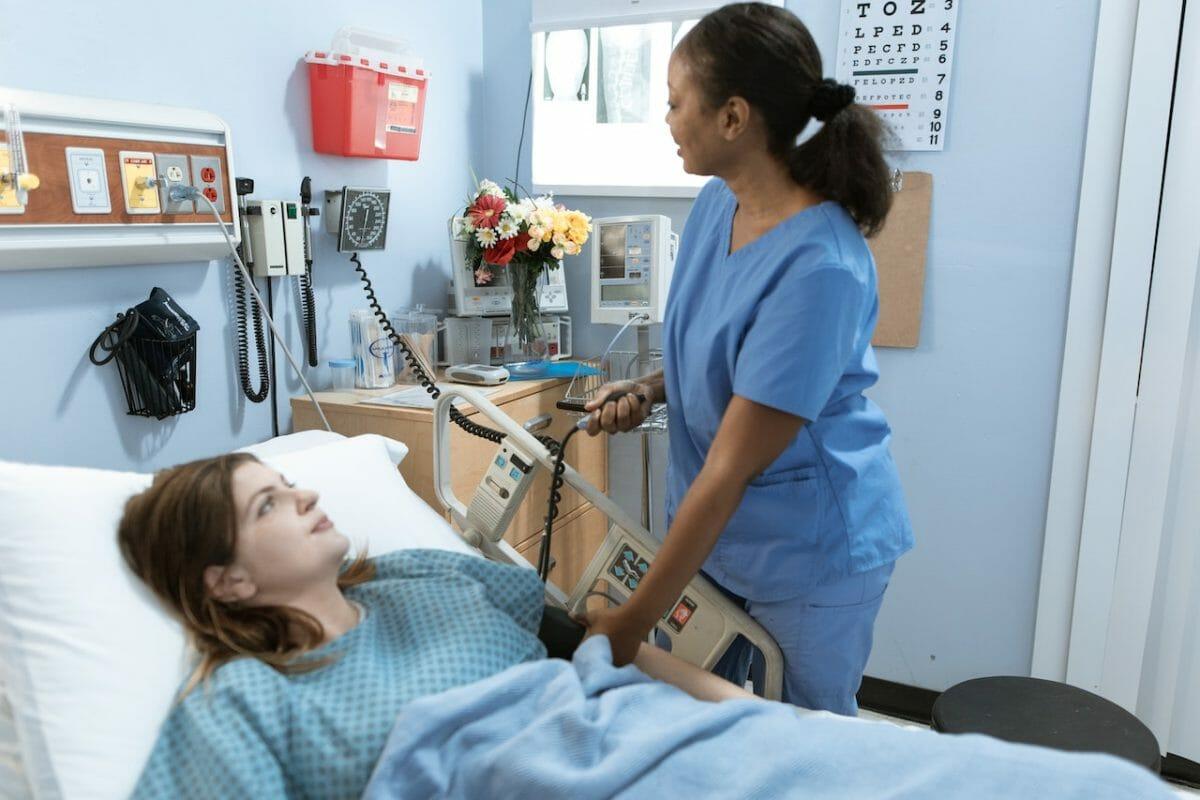Certified Nursing Assistants (CNAs) are integral to the healthcare industry, providing essential services to patients across diverse settings. As unsung heroes of patient care, CNAs operate in various environments, meeting the unique needs of different patient demographics. Their flexibility and adaptability make them a crucial component of any healthcare team.
In this article, we explore the different settings where CNAs work, highlighting their responsibilities and the distinctive aspects of each environment.
Before we proceed, if you are yet to be certified, make sure to head over at PracticeCNATest.com. The latter has online guides and practice exams, which can help you get through the certification process.
Hospitals
Hospitals are the most recognized setting where CNAs work, offering a dynamic and fast-paced environment. CNAs in hospitals perform an array of duties, including taking vital signs, bathing patients, assisting with mobility, and providing emotional support to patients and their families. They often work across different departments, ranging from emergency to pediatrics and geriatrics, each offering unique experiences and challenges.
Working in a hospital can be demanding due to the high pressure and complexity of cases. However, it also offers immense opportunities for learning and advancement, making it an ideal setting for CNAs who thrive in challenging environments and enjoy the variation in their daily tasks.
Nursing Homes and Assisted Living Facilities
A significant number of CNAs find their calling in nursing homes and assisted living facilities. In these settings, they primarily care for the elderly or chronically ill, helping with daily activities such as feeding, bathing, and dressing. CNAs often form close relationships with residents, becoming a crucial part of their daily lives.
While the pace may be slower than in a hospital, the responsibilities are no less important. The role requires patience, empathy, and a deep commitment to improving the quality of life for residents. Many CNAs find this environment rewarding because of the long-term relationships formed with patients.
Home Health Care
The demand for home health care services has been steadily growing, providing CNAs with opportunities to deliver patient care at home. CNAs in this setting help patients with daily activities, medication reminders, and basic health monitoring, offering a personalized care experience.
Home health care allows for a more flexible schedule compared to traditional settings, often attracting CNAs seeking a balance between professional and personal life. The ability to work one-on-one with patients also offers a more intimate and rewarding work experience. However, it does require a high degree of independence and problem-solving skills, as CNAs will not always have immediate access to a team of healthcare professionals.
Rehabilitation Centers and Physical Therapy Clinics
CNAs also work in rehabilitation centers and physical therapy clinics, where they play a vital role in patient recovery. Their duties may include assisting with exercises, helping patients move, and providing general care. They collaborate with a team of physiotherapists and doctors, contributing to comprehensive care plans to help patients regain their strength and independence.
This setting can be particularly rewarding for CNAs interested in the rehabilitative aspects of healthcare. It allows them to witness patient progress firsthand and play a direct role in helping individuals regain their functionality after an injury or illness.
Schools
In schools, CNAs play a crucial role in supporting students with special needs. They work alongside teachers and other support staff to ensure these students receive the necessary physical and emotional care, which may include tasks such as feeding, personal hygiene, or moving from one class to another.
Working in a school environment requires patience, understanding, and a keen ability to work with children. It also provides the satisfaction of contributing to a supportive and inclusive educational environment, which can be a significant draw for CNAs interested in pediatrics or education.
Military Bases
In military bases, CNAs often find themselves in the unique position of caring for service members and their families. They could be working in base hospitals or clinics, offering support to medical staff in providing healthcare services. This may involve routine check-ups, wound care, or even assistance during rehabilitative therapy.
Furthermore, CNAs at military bases may also offer support to service members dealing with the physical and psychological effects of their duty, providing a crucial human touch in an environment often characterized by rigidity and discipline.
Correctional Facilities
Meanwhile, CNAs in correctional facilities take on a challenging yet crucial role in providing healthcare services to the incarcerated population. Their responsibilities can be vast, encompassing everything from routine medical checks and managing chronic conditions, to offering emergency care when needed.
They must work within strict security protocols while ensuring the medical needs of inmates are met. It’s a role that demands resilience, adaptability, and strong interpersonal skills, given the complex dynamics within these institutions.
The role of a Certified Nursing Assistant is diverse and ever-changing, with opportunities available in a range of healthcare settings. Whether it’s the fast-paced hospital environment, the rewarding long-term relationships in assisted living facilities, the personalized care in home health, the inspirational recovery journeys in rehabilitation centers, or the unique experiences in schools, military bases, and correctional facilities, the CNA profession offers a wide array of choices.
